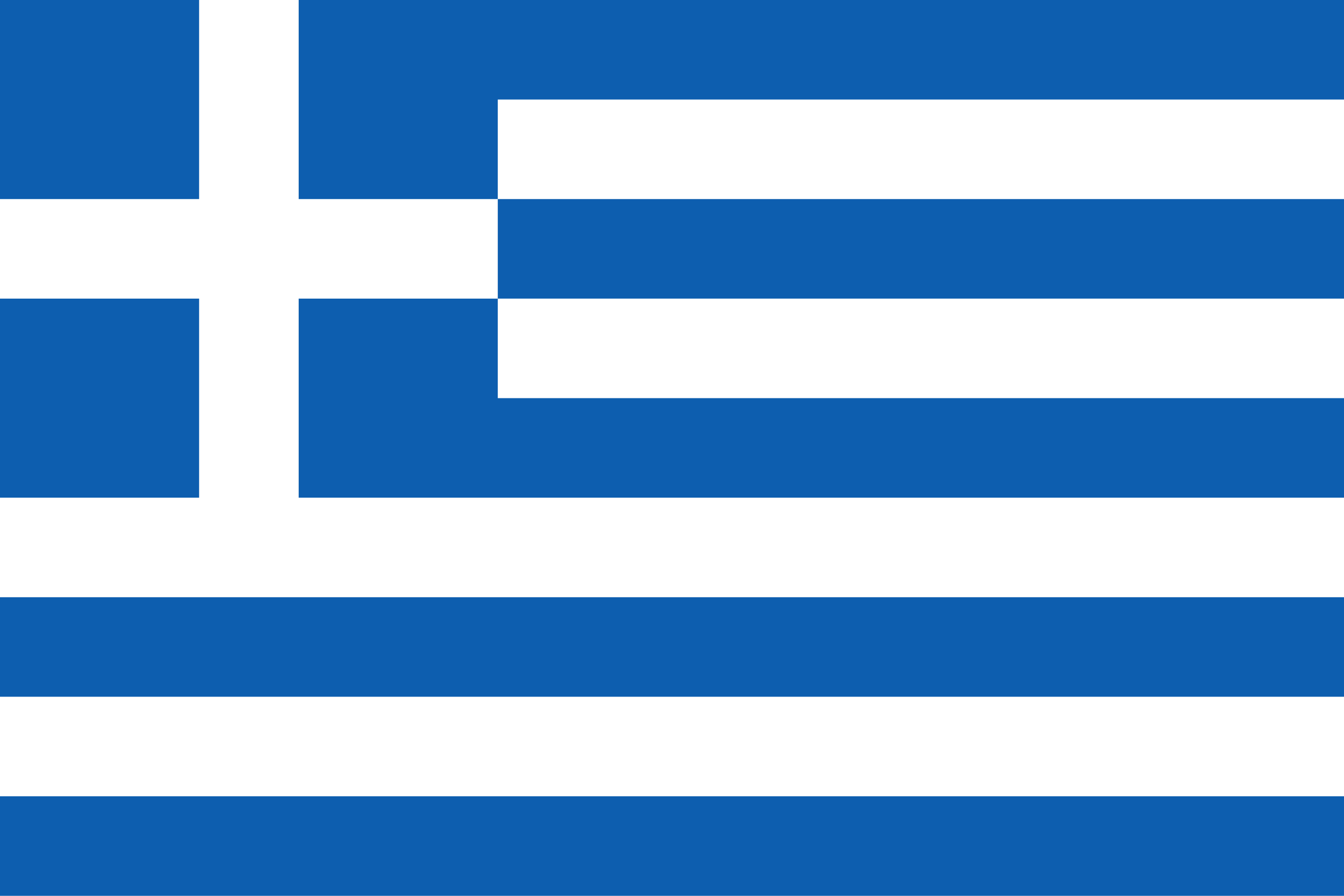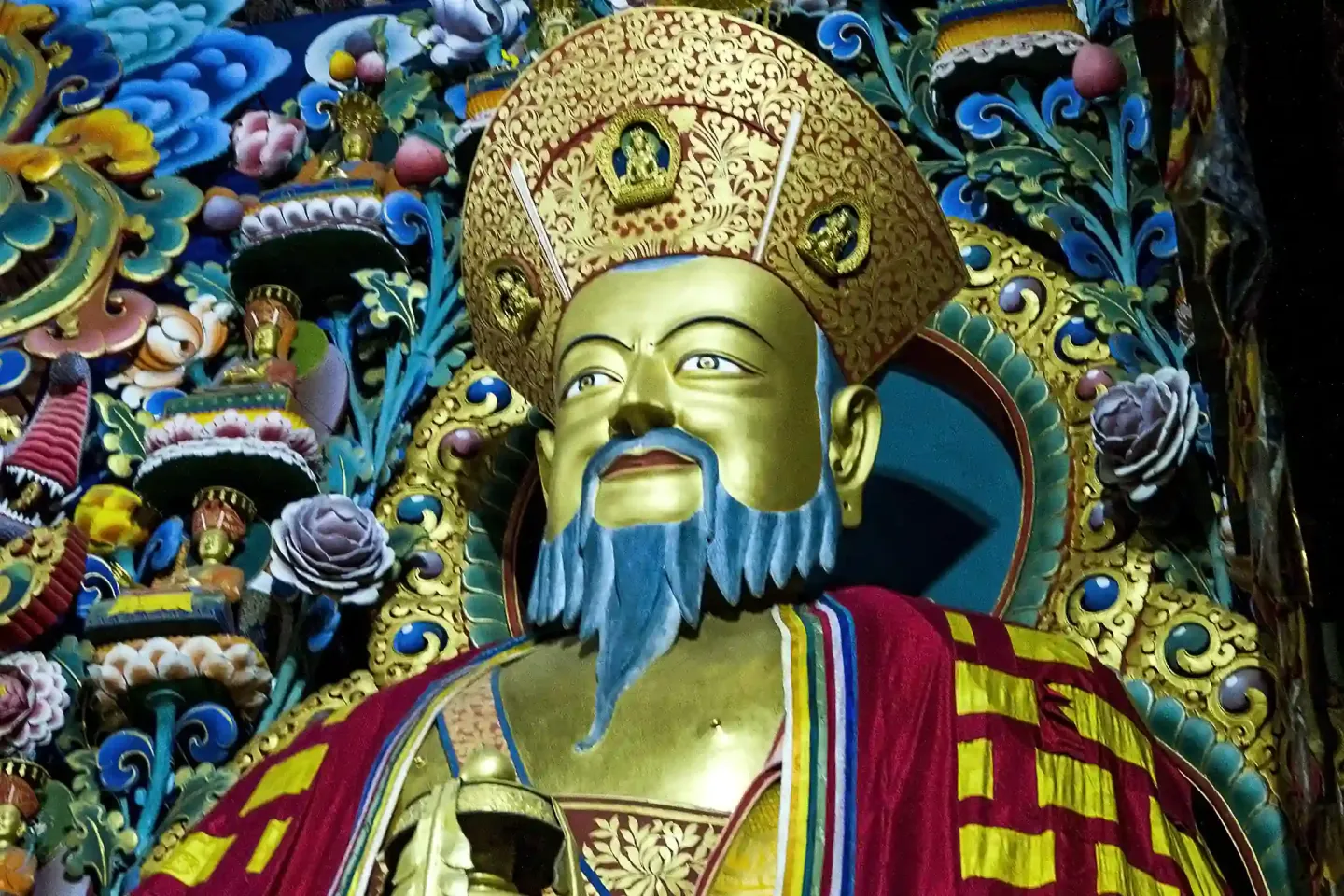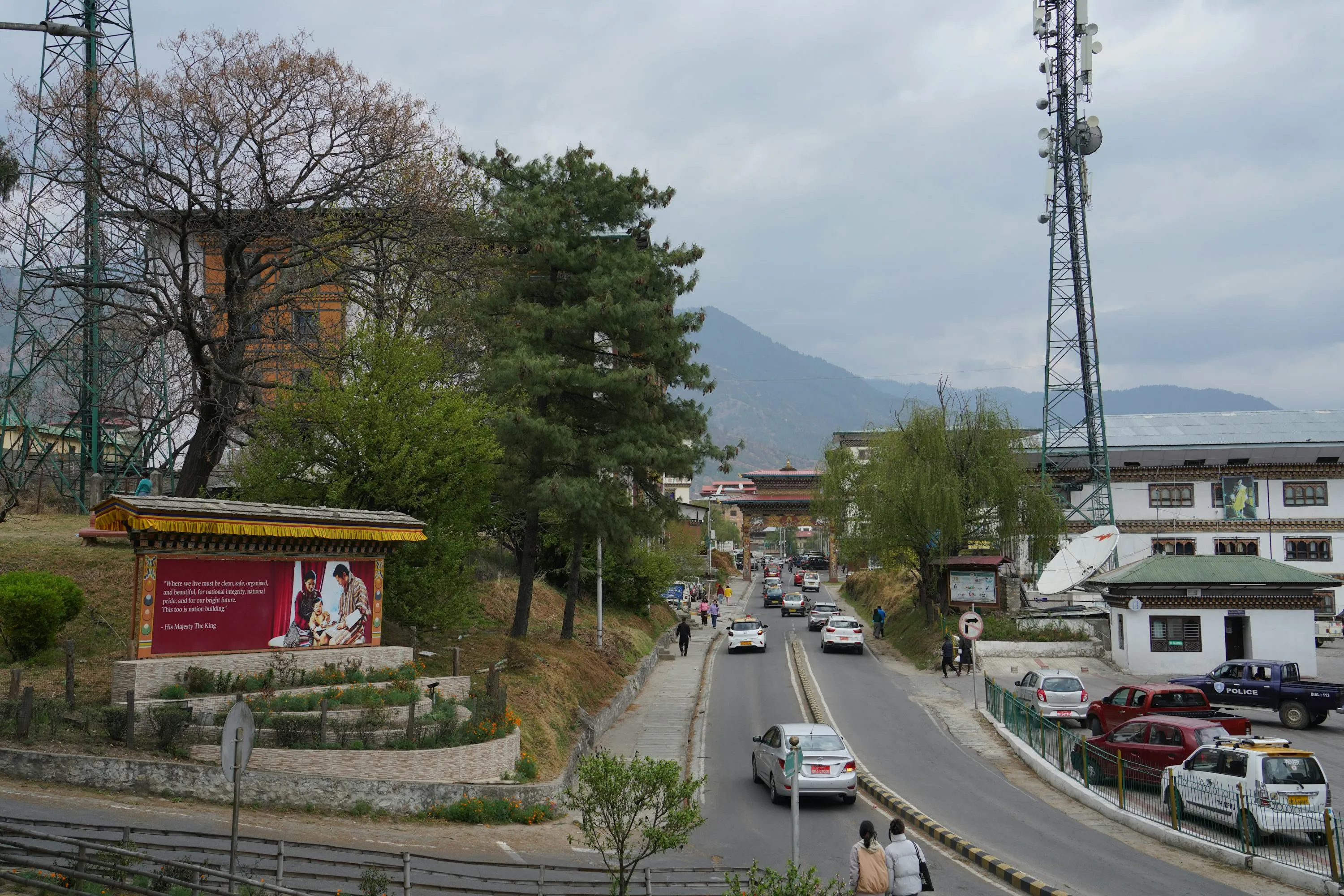As a Greek traveler embarking on a journey to Bhutan, imagine trading the azure waters and ancient ruins of the Mediterranean for the mist-shrouded peaks and serene monasteries of the Eastern Himalayas. Bhutan, often called the "Land of the Thunder Dragon," is a small kingdom nestled between India and China, where time seems to move at a contemplative pace, much like the reflective philosophy that has defined Greek culture since antiquity. While Greece boasts a storied history of democracy, philosophy, and epic myths from figures like Socrates and Homer, Bhutan draws from its Buddhist roots and the visionary leadership of its kings to prioritize collective well-being over material excess. Diplomatic relations between Greece and Bhutan are modest, with minimal direct trade—Greece exported goods worth approximately $143,000 to Bhutan in 2023, primarily in niche sectors—but both nations share a deep appreciation for cultural preservation and environmental stewardship. Greece, with its larger landmass of about 132,000 square kilometers compared to Bhutan's 38,000, and a population exceeding 10 million versus Bhutan's under 800,000, offers bustling urban life and coastal vibrancy, whereas Bhutan emphasizes tranquility, with over 70% of its land forested and no towering skyscrapers disrupting the skyline. This contrast makes Bhutan an alluring destination for Greeks seeking respite from the fast-paced European lifestyle, offering instead a realm where happiness is measured not by GDP but by Gross National Happiness (GNH), a philosophy that echoes ancient Greek ideals of eudaimonia, or human flourishing. Yet, Bhutan is no idyllic fantasy; it grapples with modern challenges like youth emigration and infrastructure limitations, reminding visitors that its charm lies in authenticity rather than perfection. For Greek adventurers accustomed to island-hopping or exploring archaeological sites, Bhutan promises profound cultural immersion, breathtaking natural beauty, and spiritual rejuvenation, all while demanding respect for its controlled tourism model that ensures sustainability and depth over superficial visits.

Visa and Entry Requirements
For Greek citizens planning a trip to Bhutan, understanding the visa and entry process is crucial, as the kingdom maintains a controlled tourism policy designed to protect its environment, culture, and economy from overtourism. All foreign visitors, including those from Greece, must book their travel through a licensed Bhutanese tour operator, as independent travel is not permitted except for Indian nationals under specific arrangements. This policy ensures that tourism remains high-value and low-impact, aligning with Bhutan's commitment to sustainability. The visa itself is an eVisa, which is the fastest and most straightforward option, allowing Greek travelers to submit applications and supporting documents online. Required documents typically include a valid passport with at least six months' validity from the date of arrival, a recent digital passport photo, proof of onward travel such as return flight tickets, and details of the booked tour itinerary. The tour operator handles the visa application on behalf of the traveler, submitting it to the Department of Immigration via the official portal, often requiring payment of the visa fee—currently $40 per person—along with the tour costs to secure approval. Once processed, which usually takes a few days, the visa is issued electronically and must be presented upon arrival at Paro International Airport or land borders. A key component intertwined with the visa is the Sustainable Development Fee (SDF), a daily levy that funds Bhutan's development initiatives in education, healthcare, and environmental conservation. As of 2025, the SDF stands at $100 per day for adults, with reduced rates for children, and it directly impacts the overall tour pricing by adding to the minimum daily package rate set by the government. This fee, paid through the tour operator, underscores Bhutan's philosophy of quality over quantity in tourism, ensuring that Greek visitors contribute meaningfully to the kingdom's resilience while enjoying guided experiences that minimize cultural disruption.
Travel Routes from Greece to Bhutan
Reaching Bhutan from Greece involves a multi-leg journey, as there are no direct flights between major Greek cities like Athens and Paro, Bhutan's sole international airport. Greek travelers typically fly from Athens International Airport (ATH) to key transit hubs such as Delhi, Bangkok, or Kathmandu, where they connect to flights operated by Bhutan's national carriers, Drukair (Royal Bhutan Airlines) or Bhutan Airlines. For instance, a common route might include an Emirates or Etihad flight from Athens to Delhi, followed by a Drukair connection to Paro, with total travel time ranging from 15 to 20 hours depending on layovers. Alternatives via Bangkok could involve Thai Airways or Qatar Airways for the initial segment, then Drukair or Bhutan Airlines for the final hop, while Kathmandu routes often use Turkish Airlines or Flydubai before switching to Bhutanese carriers. These airlines are the only ones permitted to land at Paro International Airport, renowned for its challenging approach amid towering Himalayan peaks, requiring specially trained pilots and limiting operations to daylight hours with visual flight rules. Weather plays a significant role, as monsoonal rains or fog can cause delays or cancellations, particularly during summer months, so Greek travelers should build flexibility into their schedules and monitor updates via airline apps or tour operators. Booking flights is best done through the tour operator as part of the package, ensuring seamless coordination with visa approvals, though independent bookings for the international segments are possible via platforms like Skyscanner or Trip.com. Realistic expectations include potential jet lag from time zone shifts—Bhutan is GMT+6, three hours ahead of Greece in winter—and the need for transit visas in some hubs like India, making advance planning essential for a smooth arrival in this remote kingdom.
Best Time to Visit and Seasonality
Bhutan's diverse topography, ranging from subtropical lowlands to alpine heights, creates distinct seasons that profoundly influence travel experiences, requiring Greek visitors to align their plans with weather patterns, cultural events, and personal preferences for activities. Spring, from March to May, brings mild temperatures averaging 15-25°C in valleys, with blooming rhododendrons and clear skies ideal for trekking and sightseeing, though occasional showers may occur; this period coincides with festivals like Paro Tshechu, offering vibrant mask dances and communal celebrations that echo the lively spirit of Greek Orthodox festivals. Autumn, September to November, is similarly favorable, with crisp air, sunny days around 10-20°C, and minimal rainfall, perfect for photography amid golden landscapes and events such as Thimphu Tshechu, drawing fewer crowds than peak tourist seasons while allowing comfortable exploration of monasteries and hikes. Summer (June-August) introduces the monsoon, with heavy rains leading to lush greenery but also landslides and flight delays, suiting budget-conscious travelers interested in mushroom festivals like those in Ura, though humidity and leeches deter many. Winter (December-February) features cold snaps, with temperatures dropping to -5°C at higher elevations and snow in the north, ideal for birdwatching or low-season tranquility but challenging for those unaccustomed to chill, as Greeks might find parallels to milder Mediterranean winters. For Greek tourists, autumn or spring are recommended for balanced weather, moderate crowds, and festival highlights, enabling immersive cultural engagement without the extremes that could disrupt itineraries focused on nature and spirituality.
Money, Costs, and Payment Methods
Navigating finances in Bhutan requires Greek travelers to adapt to a cash-heavy economy where the local currency, the Ngultrum (BTN), is pegged to the Indian Rupee at par value, facilitating easy exchanges but demanding preparation for limited digital options. ATMs are available in major towns like Thimphu and Paro, accepting international Visa and Mastercard cards with a typical withdrawal limit of around 10,000-20,000 BTN per transaction, though reliability varies in remote areas, and fees apply; it's advisable to notify your Greek bank in advance to avoid blocks on foreign transactions. Credit cards are accepted at upscale hotels and some shops, but smaller vendors and rural spots prefer cash, so carrying USD or Euros for exchange at banks or authorized counters is prudent, as rates are favorable and USD is widely convertible. The tour package, mandated for all visitors, covers essentials like accommodation, meals, transport, and guides at a minimum daily rate incorporating the SDF, leaving extras such as alcoholic drinks, tips (around 5-10% for guides and drivers), personal shopping, and optional activities as out-of-pocket expenses that can add $50-100 per day depending on preferences. Greek travelers should budget realistically, noting that while Bhutan isn't extravagantly expensive compared to European standards, the all-inclusive model ensures transparency, with cash in BTN or USD handy for markets and tips to enhance hospitality experiences without inconvenience.
Health, Safety, and Travel Insurance
Health considerations in Bhutan center on its high-altitude terrain, where elevations often exceed 2,500 meters, posing risks of acute mountain sickness (AMS) with symptoms like headaches, nausea, and fatigue that can affect even fit Greek travelers unaccustomed to such heights. Preventive measures include gradual acclimatization, staying hydrated, and avoiding alcohol initially, while recommended vaccinations encompass Hepatitis A, Typhoid, Tetanus, and possibly Rabies due to stray dogs; consulting a travel health professional at least eight weeks prior is essential, as facilities in Bhutan are basic outside major centers like Thimphu. Safety is exemplary, with low crime rates and a peaceful society rooted in Buddhist values, though minor risks include uneven paths, stray animals, and road accidents on winding highways—always heed guide advice and wear seatbelts. Comprehensive travel insurance is non-negotiable, covering medical emergencies, evacuation by helicopter (vital for remote areas), trip cancellations, and lost baggage, as standard Greek policies may exclude high-altitude activities; opt for providers familiar with Himalayan destinations to ensure seamless support in this secure yet rugged environment.
Cultural Etiquette and Social Expectations
Bhutanese society thrives on harmony, respect, and humility, principles that Greek travelers, with their own heritage of hospitality and philosophical depth, can appreciate while making minor adjustments to align with local norms. In temples and monasteries, remove hats and shoes, dress modestly by covering shoulders and knees—women might wear long skirts or pants, men avoid shorts—and circumambulate clockwise, refraining from pointing at sacred images or touching monks' heads, considered the seat of the soul. Socially, greetings involve a slight bow with palms together, saying "Kuzuzangpo la," and using the right hand or both for giving/receiving items, as the left is deemed impure; patience is key in interactions, where directness might be softened to maintain politeness, contrasting perhaps with more outspoken Greek conversations. Modesty extends to public behavior—avoid loud voices, public displays of affection, or criticizing royalty—and humility shines in dining, where refusing food initially before accepting honors the host. Greek cultural traits like warmth and curiosity fit well, but tempering enthusiasm with reverence ensures respectful engagement, fostering genuine connections in this deeply spiritual land.
Connectivity, SIM Cards, Internet Access
In Bhutan, connectivity blends modern convenience with occasional rustic limitations, allowing Greek travelers to stay linked while embracing the kingdom's slower rhythm. Wi-Fi is reliably available in most hotels and cafes in urban areas like Thimphu and Paro, often free but with speeds suitable for emails and browsing rather than high-bandwidth streaming; rural spots may have spotty service, so downloading maps or apps beforehand is wise. For mobile data, purchasing a local SIM card upon arrival at Paro Airport is straightforward—options include B-Mobile (Bhutan Telecom) or TashiCell, both offering tourist packages with data, calls, and texts starting at affordable rates like 500 BTN for a week of usage. Activation requires a passport copy, and coverage is good in valleys but weaker in mountains, where 4G is expanding; no major restrictions on Greek apps exist, though a VPN can help with any geo-blocks or privacy concerns. This setup ensures Greek visitors can share their Himalayan adventures without constant disruption, enhancing safety and coordination with tour guides.
Language and Communication
Language barriers in Bhutan are minimal for English speakers, as the kingdom's education system uses English as the medium of instruction, making it prevalent in tourism sectors where guides, hotel staff, and urban locals converse fluently. Dzongkha is the national language, with regional dialects like Sharchop or Lhotshamkha, but English bridges gaps effectively, especially since tour guides are certified and often multilingual, though Greek-speaking ones are rare and must be requested in advance through operators. For Greeks with limited English, strategies include using simple phrases, translation apps like Google Translate (pre-downloaded for offline use), or relying on the mandatory guide as an interpreter; body language and smiles go far in this welcoming culture. Embracing basic Dzongkha words like "thank you" (kadinche la) fosters goodwill, turning potential challenges into opportunities for cultural exchange.
Packing and Preparation Advice
Packing for Bhutan demands versatility to handle its variable Himalayan climate, where days can shift from sunny warmth to chilly evenings, advising Greek travelers to layer clothing for comfort across elevations. Essentials include breathable, quick-dry pants and long-sleeve shirts for modesty in religious sites, a waterproof jacket and sturdy hiking boots for rain and trails, warm fleeces or jackets for nights dipping below 10°C, and sun protection like hats, sunglasses, and high-SPF sunscreen against intense UV rays. Personal items should encompass reusable water bottles for hydration, basic medications including altitude sickness remedies like Diamox, antidiarrheals, and pain relievers, plus adapters for Type D/G sockets (220V) and power banks for outages. For unfamiliar conditions, pack insect repellent, wet wipes, and ginger chews for motion sickness on winding roads; lightweight scarves or sarongs serve dual purposes for coverage or warmth. Preparation extends to physical fitness for hikes, cultural sensitivity training, and securing insurance, ensuring a seamless adaptation to Bhutan's enchanting yet demanding environment.
Bhutan’s Unique Tourism Philosophy
At the heart of Bhutan's tourism lies the philosophy of Gross National Happiness (GNH), a holistic framework introduced by the fourth king in the 1970s, which prioritizes the well-being of citizens over economic growth alone, shaping policies that favor sustainable, high-value visitor experiences. GNH encompasses nine domains, including psychological well-being, cultural preservation, and environmental sustainability, leading to cautious tourism regulations that limit numbers through mandatory tours and the SDF, ensuring that influxes do not erode traditions or ecosystems. For Greek travelers, this means understanding Bhutan's preference for quality interactions—immersive cultural exchanges rather than mass tourism—stemming from a desire to maintain its carbon-negative status and Buddhist ethos, where development is balanced against happiness. This approach, contrasting with Greece's more open tourism model, limits modernization to protect authenticity, inviting visitors to contribute to a model where happiness is collective and enduring.
Mindset and Expectations for Visitors
Approaching Bhutan with the right mindset transforms potential surprises into enriching insights, as the kingdom's slower pace of life—marked by unhurried services and a focus on mindfulness—contrasts sharply with Greece's vibrant, schedule-driven culture. Expect limited infrastructure, where roads may be bumpy and hotels modest yet comfortable, emphasizing eco-friendly simplicity over opulent amenities; there's no nightlife scene with clubs or bars, nor luxury shopping malls, directing attention instead to nature walks, meditation, and spiritual reflection amid pristine landscapes. Greek travelers should temper expectations of convenience, embracing the absence of material distractions as an invitation to disconnect and rejuvenate, where delays become moments for contemplation and basic accommodations foster deeper connections with locals and the environment.
Food and Dining Culture
Bhutanese cuisine reflects the kingdom's agrarian roots and Buddhist influences, offering Greek palates a spicy, hearty contrast to Mediterranean freshness through staples like red rice, cheese-heavy stews, and chili-infused dishes that embody communal warmth. Signature meals include ema datse, a fiery chili-cheese curry symbolizing abundance, paired with buckwheat pancakes or pork fat soups, where flavors are simple yet bold, often fermented for depth; dining etiquette involves eating with hands or spoons, refusing offers initially before accepting to show humility, much like Greek meze sharing. Tea, especially butter tea (suja), plays a central role in hospitality, while ara (local alcohol) punctuates celebrations, fostering bonds in family-style settings that highlight food's role in nurturing body and spirit.
Festivals, Religion, and Sacred Places
Religion permeates Bhutanese life through Vajrayana Buddhism, where sacred sites like dzongs and lhakhangs serve as living hubs of spirituality, inviting Greek visitors to witness rituals that blend devotion with community. Tshechus, annual festivals honoring Guru Rinpoche with masked dances and blessings, occur in dzongs like Paro or Thimphu, requiring respectful conduct—modest attire, no photography inside, and clockwise movement—to partake in merit-making that deepens cultural understanding. These events, alongside visits to Punakha Dzong or Tiger's Nest, reveal Bhutan's soul, where faith fosters harmony and offers profound insights into a worldview centered on compassion and enlightenment.
Hidden Challenges and Practical Inconveniences
While Bhutan's allure captivates, subtle challenges like slow service in eateries or itinerary adjustments due to weather remind travelers that patience is integral to the experience, framing these as facets of its unspoiled charm rather than flaws. Winding roads can induce motion sickness, power outages disrupt evenings, and basic facilities in remotes areas test adaptability, yet these elements encourage mindfulness, turning inconveniences into opportunities for authentic immersion in a land where haste yields to harmony.
Shopping and Souvenirs
Shopping in Bhutan centers on artisanal treasures that embody cultural heritage, with handwoven textiles like kira and gho fabrics, intricate wood carvings, and incense standing out as authentic souvenirs absent from typical malls. Markets in Thimphu or Paro offer these, where polite bargaining is acceptable in local stalls but fixed prices rule government emporiums; seek certificates for authenticity to avoid fakes, ensuring purchases support artisans while bringing home pieces of Bhutan's soul.
Altitude Awareness and Physical Preparedness
Altitude in Bhutan varies dramatically, with sites like Dochula Pass at 3,100 meters triggering symptoms such as dizziness or shortness of breath, necessitating precautions like slow ascents, ample hydration (3-4 liters daily), and rest days for acclimatization. Greek travelers should monitor for severe signs like confusion, consulting guides for descent if needed, and prepare physically with cardio exercises beforehand, adjusting activities to personal fitness for safe enjoyment of treks and views.
Security, Safety, and Emergency Information
Bhutan's reputation as a safe haven holds true, with negligible crime and welcoming locals, though practical advice includes securing valuables and heeding traffic on narrow roads. Emergency contacts feature police at 113, medical at 112, and fire at 110; for Greeks, consular support comes via the Greek Embassy in New Delhi (reachable at +91-11-26879800), as no direct mission exists in Bhutan. Respect local laws against smoking in public or drug possession to maintain harmony in this secure destination.
Photography and Drones
Photography in Bhutan captures its majesty, but rules prohibit shots inside religious sites or of military areas, requiring permission for locals to uphold respect. Drones demand permits from the Bhutan Civil Aviation Authority, limited to 6kg weight and 90m height, with recreational use restricted and potential confiscation at entry, emphasizing ethical practices over intrusion.
What Bhutan Does Not Have
Bhutan's deliberate avoidance of certain modern elements—like skyscrapers piercing the sky, fast-food chains such as McDonald's or Starbucks cluttering streets, casinos tempting fate, or sprawling shopping centers promoting consumerism—preserves its unique identity, transforming these absences into virtues that amplify the kingdom's focus on spiritual and natural purity over commercial excess.
Important Questions to Ask Before Booking a Tour
Before committing to a Bhutan tour, Greek travelers should engage their operator in detailed discussions to ensure alignment with expectations, starting with inquiries about guide qualifications—such as certification, language proficiency beyond English, and expertise in history or trekking—to guarantee informed, engaging companionship throughout the journey. Probe into itinerary flexibility, asking how changes for weather or personal interests are handled, and clarify accommodation standards, from eco-lodges to luxury options, including amenities like Wi-Fi or heating for comfort in varying climates. Food preferences warrant questions on dietary accommodations, whether vegetarian, allergy-safe, or Greek-inspired variations, alongside details on meal inclusions and opportunities for local farmhouse dining to immerse in authentic flavors. Emergency protocols are vital—query response plans for health issues like altitude sickness, evacuation options, and coordination with insurance providers—to build confidence in safety nets. On practicalities, ask about SIM card procurement, perhaps arranged upon arrival, and tipping customs, typically $10-15 daily for guides, to navigate social norms gracefully. Finally, discuss insurance requirements, confirming if the operator mandates coverage and offers recommendations, ensuring a tailored experience that honors Bhutan's ethos while catering to individual needs.
Conclusion
In reflecting on Bhutan as a destination for Greek travelers, one appreciates its rarity as a sanctuary of cultural depth, unspoiled natural beauty, and spiritual serenity, offering an antidote to the commercialized haste of modern travel. Far from the crowded beaches or historic forums of Greece, Bhutan invites introspection amid its sacred valleys and ancient fortresses, where the pursuit of happiness through balance and mindfulness resonates with timeless human aspirations. For those seeking more than vacations—true transformations—Bhutan remains an unparalleled choice, rewarding the open-hearted with memories of profound peace and connection.













